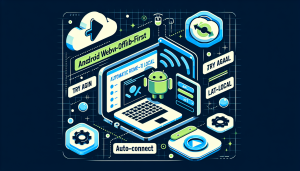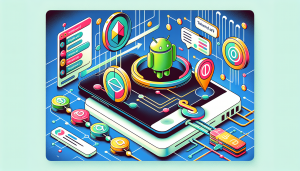
Introduction: Improving User Experience in Android WebView Apps
Android’s WebView is a powerful component that enables developers to turn web content into interactive mobile apps. However, one of the most common challenges is ensuring a smooth user experience when network connectivity is weak or unavailable. A well-designed offline-first approach can solve this issue, making your app resilient and user-friendly regardless of network conditions.
The Challenges of Connectivity in WebView Apps
Most WebView-based apps load content directly from the internet. This dependency means users face downtime or broken pages if they lose their connection. Frustrating error messages and blank screens can quickly lead to poor reviews and uninstalls. To overcome this, Android developers should implement strategies that guarantee essential content and functionalities are always accessible.
Strategies for Offline-First Experiences
There are two main techniques to provide a robust offline experience in Android WebView apps: smart cache mechanisms and local




